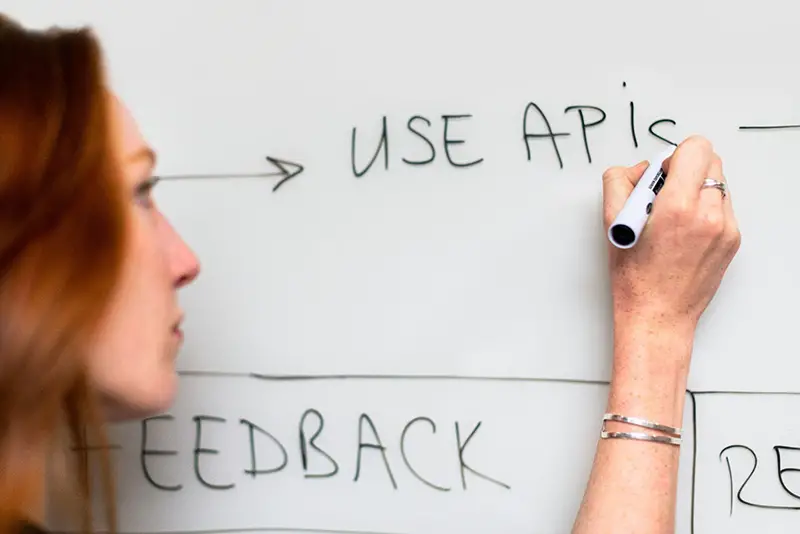Click here to get this post in PDF
API stands for an application programming interface. This concept in software technology essentially refers to how multiple applications can interact with and obtain data from one another. APIs operate on an agreement of inputs and outputs. For example, an HTML to PDF API helps you to convert HTML to a PDF file with just a few clicks.
Social media APIs are important because they provide developers with access to valuable social media data and allow them to build integrations between social media platforms and other software applications.
When choosing a social media API, developers should consider the type of data they need access to and the features they need. The best social media APIs will provide robust documentation and support so that developers can get started quickly and easily.
Best API use cases for social media marketers
As a social media marketer, you’re always on the lookout for new ways to reach and engage your audience. And one of the best ways to do that is by using APIs.
API stands for application programming interface. Data365.co is a way for different software applications to interact and exchange data with each other without the intervention from the end-user. In other words, it allows two pieces of software to talk to each other.
In this article, we’ll go over some of the best social media API use cases for social media marketers.
Use Case #1: Automate Your Social Media Posts
If you’re still manually posting to social media, then you’re wasting a lot of time that could be spent on other tasks. Luckily, there are a ton of different tools out there that allow you to automate your social media posts.
And most of these tools get their data from social media APIs. For example, Buffer uses the Twitter API to access your Twitter account and post tweets on your behalf.
Similarly, Hootsuite uses the Facebook API to help you post and manage your Facebook ads.
Use Case #2: Create Custom Reports
Another great use case for social media APIs is creating custom reports. There are a number of different reporting tools out there that allow you to track your social media performance. But most of these tools only give you a limited amount of data.
With social media APIs, you can get access to a wealth of data that you can use to create custom reports. For example, if you want to track your Twitter mentions, you can use the Twitter API to pull in all the data you need.
And if you want to track your Facebook engagement, you can use the Facebook API to get all the data you need.
Use Case #3: Build Social Media Applications
One of the best things about social media APIs is that they allow you to build social media applications. There are a ton of different social media applications out there that can help you with your social media marketing.
For example, if you want to find the most influential people on Twitter, you can use Followerwonk. And if you want to track your brand mentions on social media, you can use Mention.
Both of these tools get their data from social media APIs. So if you’re a developer, you can use social media APIs to build similar tools and applications.
As a social media marketer, there are a ton of different ways you can use social media APIs to your advantage. Whether you’re looking to automate your social media posts or monitor your social media accounts, social media APIs can help you do just that.
You may also like: Why Your Business Needs Aggregate Software

